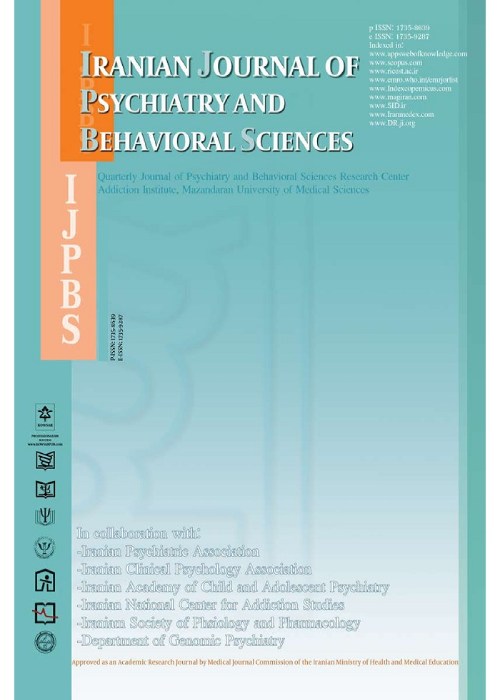Comparison of Decision-Making Processes Between Subjects with a Positive and Negative History of Substance Use
Studies related to decision-making and choice preference in substance use behavior have less commonly focused on decision-making processes per se. Those processes include decision-making time, task-based complexity, and decision-making strategies.
The objectives of this study was the production of a culturallymodified version of theMouselab tool formeasurement of decision-making processes and to measure differences between decision-making processes in subjects with a positive and negative history of substance use.
Applying a snowball method for sampling, two groups, of individuals with a positive and negative history of substance use were recruited. The case and control groups consisted of 17 males with the mean age of 35.94 (± 12) and 33.8 (± 8.83) years, respectively. The measurement tool was a modified version of Mouselab computer game.
Using repeated measurement analysis of variances ant t-test with non-paired groups for comparing the case and control groups, it was found that the group with a positive history of substance use had a longer time-lapse in the decision-making process (P = 0.029). The accuracy of choice, however, was not different between the groups (P = 0.172).
Subjects with a positive history of substance use were different in two stages of decision-making process, which are dependent on the ecology and conditions of decision-making process, namely, search for information and decision-making. Two other stages of decision-making process that were dependent on individual cognitive and logical properties, i.e., stop search and choice, were not different in subjects with a positive history of substance use compared to the control group. Although subjects with a positive history of substance use consumed more resources for decision-making, their accuracy of choice was not different from the control group, thereby, ruling out a decision-making-related cognitive deficit.
- حق عضویت دریافتی صرف حمایت از نشریات عضو و نگهداری، تکمیل و توسعه مگیران میشود.
- پرداخت حق اشتراک و دانلود مقالات اجازه بازنشر آن در سایر رسانههای چاپی و دیجیتال را به کاربر نمیدهد.


